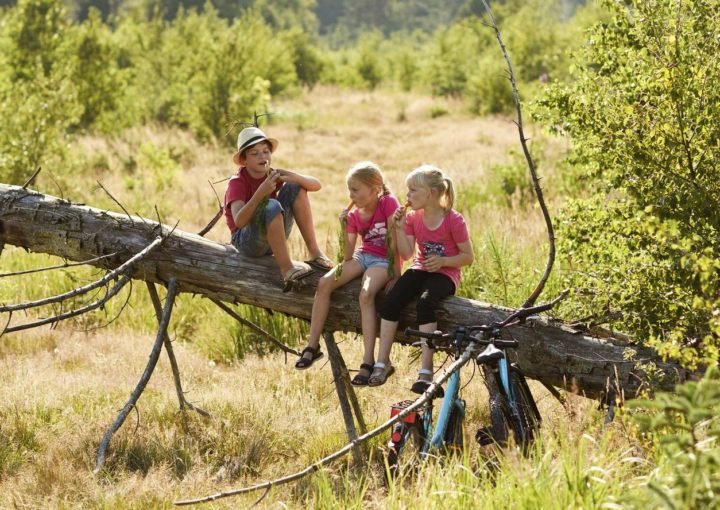Empathy & happiness: the Nordic model
“I don’t understand. I would never do this”. Um, give him some empathy, please!
Does that phrase sound familiar to you? How many times in the last couple of weeks did you get to say it? About someone who did something inappropriate to you? Because she did not show up although you had been planning for this night out for several days now. Or because he suddenly stopped communicating with you, even though you dated for quite some time now. And the worst part. No explanation at all.
There are so many examples in our daily life. But there is one common denominator in all this. Empathy. Or better, its lack thereof. But what does that have to do with the Nordics?
Well, many people claim that empathy is a prerequisite to happiness. How can you become happier if you are not involved with other people’s feelings at all? And you know what? Research claims that the Nordic countries and people are among the happiest in the world.
So, there must be something they do up there, to nurture empathy, maybe! Let’s go find out! Let’s visit the Danish schools!

Empathy 101
First things first. What is empathy, you might wonder? It’s about your ability to understand and share the feelings of another person.
They say there are two kinds of empathy: the one with which we simply identify and understand other people’s feelings. This is called cognitive empathy. And then we have affective empathy, where we not only understand how other people feel but really get into their shoes.
We almost feel the same way they do. It’s amazing and science says it’s part of human nature. It’s all in our DNA, humans! You know, our neuron networks can align with each other but still we are able to differentiate between what our own feelings (and needs) are and what other people feel and need.
But can empathy be taught? Or you are born with it? Read on!

Ring the bell!
Scientists say that empathy can indeed be taught. OK, we all have some degree of empathy but this differs with every person. And we can either boost it or even restrict it! We do not advise the latter but yeah, you know, if you are a doctor or nurse, you really need to tone this down or else you will not be able to really help.
A patient who is in pain and suffers doesn’t need someone who does the same. Dah! But in Danish schools, empathy is taught. Yes, it is officially part of the curriculum.
So, is there a specific subject on that? Curious to find out? Yes, there is!

7 ways to nurture empathy
Teaching empathy is mandatory in Danish schools since 1993. Just so you know. But what is the concept behind this? Why did they decide to go this way?
It’s plain simple (and common sense). You can understand other people’s feelings if you don’t see them in a competitive way. This is a primary principle in Danish education. You need to compete only against yourself, to improve. Not against others.
This is why they have a weekly class called “Klassens tid”. It means the time of the class. Students and teachers gather together and students feel free to mention any problem they have themselves or with other students or teachers. Anything they need to talk about. Without any judgement. Then, with discussion, they try to understand the issues and come to solutions. And you know, this class is as important as Maths or Physics. Good job!
Want more? There you go!
1. Teamwork. Most of the work required from students is carried out collectively, through teamwork.
2. No awards for excellence. One has only to compete against him/herself, not others.
3. Offering help. Kids that are not as gifted in something like Maths or Music receive help from other students. They all grow together!
4. Comparison to previous measurements. Any tests and grades are used solely as a way to measure performance on an individual level and how one has improved since last time.
5. Free play. Kids are allowed to play during school time. This is a way to get to know each other and develop social skills.
6. Collaborative learning. Whether good or bad in maths, all students work together and are taught the importance of common good and progress.
7. Anti-bullying program. They actively talk to youngsters about bullying and encourage speaking up.

Now you know. Isn’t it obvious how empathy can make you happier? Less competition, less need to show off, no need for discrimination. The more empathetic you are, the less stressed about life you become.
And you focus on what matters the most: everyone to grow and advance as individuals, but not at the expense of others. Individual progress can go hand in hand with the common good. It’s a win-win situation. And we love it. Don’t you?
Image: Niclas Jessen / VisitDenmark

